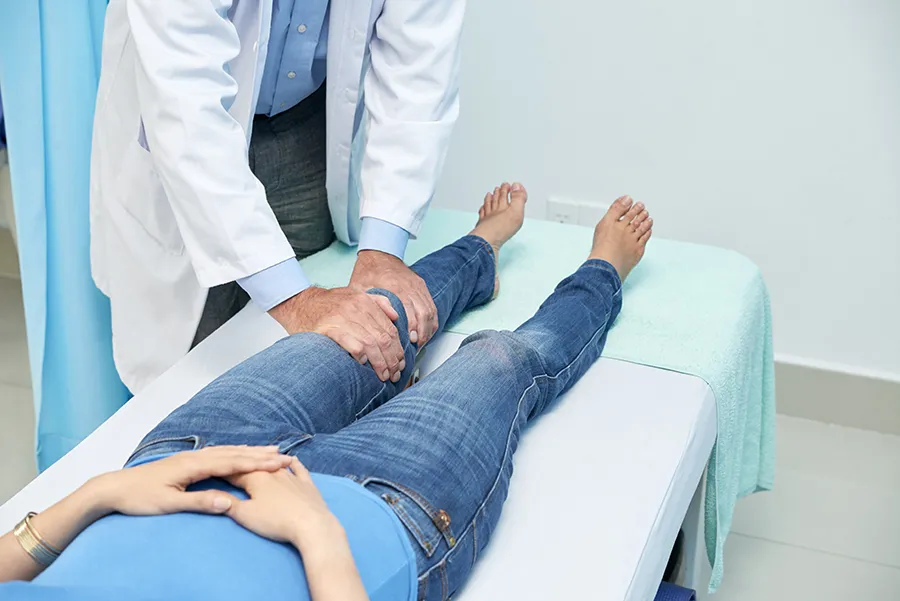Lymphedema
EVERYTHING YOU NEED TO KNOW ABOUT LYMPHEDEMA
Introduction
Lymphedema is a chronic condition that causes swelling in arms and legs due to the abnormal accumulation of protein-rich fluid usually evacuated from the lymphatic system. If you want to know more about it, continue your reading.
The most common symptom is swelling of the arms or legs. Other symptoms include burning of the skin, tight and inflexible joints, and puffy red skin. Hardening and thickening of the skin is also observed in patients with lymphdema. There are two main types of lymphedema; Primary lymphedema, caused by gene mutations, and Secondary lymphedema, which develop in people with a normal lymphatic system. Secondary lymphedema has several causes, including surgery for cancers, radiotherapy, infections, inflammation, venous disease, obesity, and trauma or injury. Cancer is the prevalent cause of lymphedema as the cancer cells block lymph vessels. Lymphedema often occurs in patients with breast cancer who have removed their breast and axillary lymph nodes. Some risk factors of lymphedema are excessive weight, age, and rheumatoid or psoriatic arthritis.
Lymphedema is diagnosed using MRI, CT, ultrasound, and Lymphoscintigraphy. Lymphoscintigraphy involves the injection of radioactive dye into blood vessels, which then highlights the blockage in lymph vessels.
There is no cure for lymphedema, but therapists and healthcare providers can ease the symptoms by teaching techniques that can help reduce the swelling. Other surgical procedures involve removing the lymph node transplant, where the lymph nodes from another part of the body are removed and attached to the affected area. Another treatment is a new drainage path which creates a new link between the lymph connection and the blood vessels.
Conclusion
Lymphedema cannot be completely avoided but can be prevented by taking care of your infections & skin and eating a healthy and balanced diet. Moreover, this can also help patients already suffering from lymphedema.




